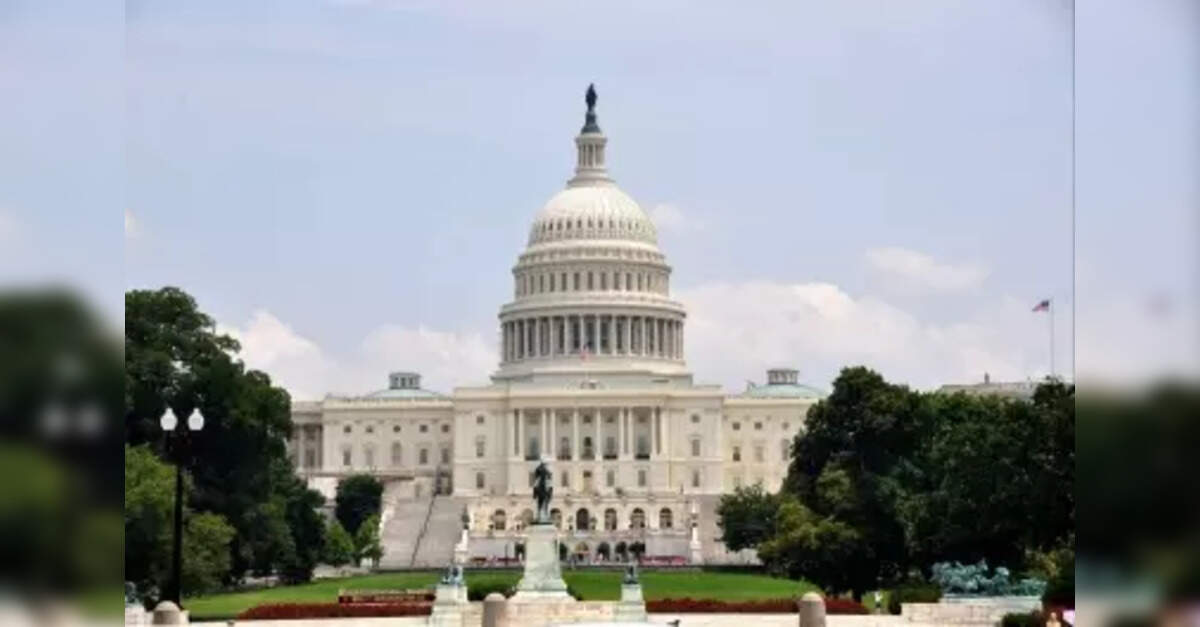
OPT students may lose a crucial tax break under new US bill, ETEducation

A new bill in the US Senate seeks to remove payroll tax exemptions for foreign students working under the Optional Practical Training (OPT) programme. The proposal, called the OPT Fair Tax Act (S. 2940), was introduced by Senator Tom Cotton in September, and referred to the Senate Committee on Finance for consideration. If passed, it could increase tax liability for both students and employers.
What the Bill Proposes
The OPT Fair Tax Act aims to amend two key US laws — the Internal Revenue Code and the Social Security Act — to treat employment by F-1 visa holders under OPT as taxable work for Federal Insurance Contributions Act (FICA) purposes.
This would end the current exemption that allows international students on OPT to avoid paying Social Security and Medicare taxes on their U.S. earnings.
Presently, both OPT participants and their employers do not pay FICA taxes on wages earned during the programme. The proposed law would bring OPT wages into the same tax category as domestic employment.
Under the bill, these changes would apply to wages for services performed in calendar months after the law is enacted.
How the Current Exemption Works
At present, F-1 visa holders working under OPT are classified as non-resident aliens for tax purposes. This classification exempts their earnings from FICA payroll taxes — a combined 15.3 per cent of wages split equally between employee and employer.
That means a student earning $50,000 annually saves about $3,825 in payroll taxes, while their employer saves an equal amount. The exemption has long made the US OPT programme financially attractive for international graduates, particularly from countries such as India.
“Our tax code shouldn’t incentivise businesses to hire foreign workers. By ending the FICA tax exemption, we will put American workers first,” Senator Cotton, while introducing the bill, said.
Supporters argue that removing the tax benefit would level the playing field between U.S. citizens and foreign graduates, since domestic workers already pay these taxes. They believe the existing exemption gives employers a financial reason to prefer OPT workers over local hires.
Impact if the Law Passes
If enacted, the Act would require both students and their employers to pay the FICA tax share — roughly 7.65 per cent each.
For example, on a $50,000 salary, an OPT participant would pay about $3,825 in payroll tax, while the employer would contribute another $3,825.
The total additional cost of employment for one OPT worker would therefore rise to around $7,650 annually.
For employers, the rule change means higher hiring costs for foreign graduates. For students, it would reduce take-home pay and could affect job decisions or the affordability of living in the US.
Implications for Indian Students
India is one of the largest sources of OPT participants. Many Indian graduates use the programme as a bridge to gain U.S. work experience before transitioning to H-1B visas.
If the OPT Fair Tax Act becomes law, Indian students would face lower take-home income and higher cost-of-living adjustments.
For example:
- On $40,000 annual pay, payroll tax deduction would be about $3,060.
- On $60,000 pay, about $4,590.
- On $80,000 pay, about $6,120.
For many, that could mean budgeting more carefully for rent, food, and savings, or reconsidering study-to-work plans.
If enacted, the law could slightly raise federal payroll tax revenue. However, it might also influence how companies approach campus recruitment and international hiring.
Some employers could offer lower salaries to offset the additional payroll expense, or they might limit hiring of non-resident graduates.
Universities and policy groups have warned that changes affecting OPT participation could also affect the U.S.’s competitiveness in global education and innovation.
The OPT Fair Tax Act (S. 2940) is currently pending before the Senate Committee on Finance. It must pass both chambers of Congress and receive presidential approval to become law.
Source link




